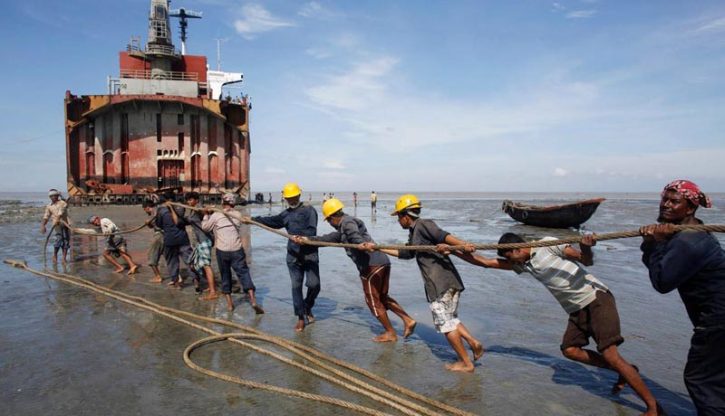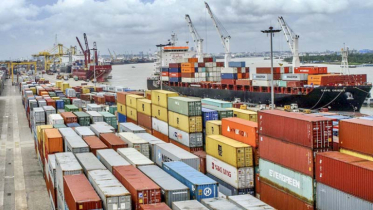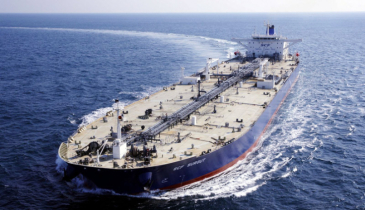Bangladesh shipyards prepare for recycling boom

On the southwest coast of Bangladesh, laborers equipped with gas torches, laser cutters, and winches meticulously dismantle massive, decommissioned ships that have been brought ashore on the sandy coastline.
Spanning a 15-kilometer stretch in Sitakunda, around 30 ship-breaking yards and thousands of scrap workshops operate, processing approximately 38% of the world’s retired vessels. These facilities provide a steady supply of steel scrap to Bangladesh’s flourishing manufacturing sector.
With a significant number of ships reaching the end of their operational lifespan, the industry anticipates substantial growth in the coming years.
According to a recent report by the NGO Climate Group and consulting firm PWC, nearly 15,000 vessels—equivalent to one-eighth of the global fleet—are expected to be decommissioned for recycling over the next decade. This figure is double the number processed in the previous ten years.
Older ships are known to be major sources of pollution, emitting significant amounts of greenhouse gases and other harmful substances. As a result, efforts to phase them out have intensified, noted Anand Hiremath, Chief Sustainability Officer at GMS, a company that purchases retired ships and sells them to ship-breaking yards in South Asia.
The International Maritime Organization (IMO) has set ambitious targets to reduce emissions by 50% by 2030, with a long-term goal of achieving net-zero emissions by 2050.
To align with these objectives, new global regulations are being introduced to enhance the safety and environmental sustainability of ship dismantling operations. These measures aim to make the industry more eco-friendly and responsible.
However, workers engaged in shipbreaking and recycling express concerns that these reforms do not necessarily guarantee better wages or improved working conditions.
The majority of the expected influx of decommissioned vessels will be processed at shipyards in Sitakunda, Bangladesh, and Alang, India—two regions that collectively handle about 70% of the world’s ship recycling. The industry provides employment to at least 30,000 workers in Bangladesh, India, and Pakistan.
.png)









